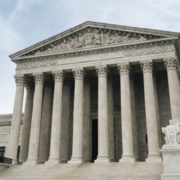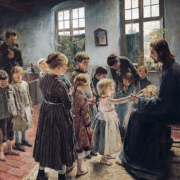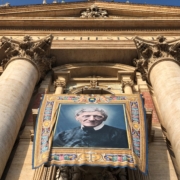Students Discerning Priesthood Find Support at Faithful Catholic Colleges
A high school student who thinks he may be called to the priesthood faces a hostile culture today—sadly even in the secularized environment of many Catholic schools and colleges. But faithful Catholic colleges offer students the opportunity for a quality education while discerning a calling to the priesthood with the support and encouragement of professors, campus ministers and peers who share a love for Christ.
John Wuller is a homeschooled student from Texas who first began thinking about the possibility of the priesthood during a youth conference hosted by Franciscan University of Steubenville. One of the speakers invited participants who believed that God could be calling them to the priesthood to come to the stage.
“At that moment, I felt for the first time that possibly God was calling me to the priesthood. During the next four years, a college’s academics, student activities, and residence life are vital to my discernment process, my formation and my life,” Wuller explained.
Wuller wants to find a place where he will be “formed by the truth” and learn from faithful Catholic professors, especially in philosophy and theology. He believes that a liberal arts core curriculum will help him to become “well-rounded” and develop “critical thinking skills.”
Wuller also wants to attend a college which will allow him frequent access to the sacraments and to be surrounded by other students who are “striving for holiness” and can help hold him accountable. Wuller believes that he has found what he is looking for at Franciscan University of Steubenville and will be heading to Steubenville, Ohio, this fall.
Daniel Donovan, who attended a Catholic high school in New Hampshire, says that he first sensed the Lord’s call when he was 13 years old. Donovan didn’t receive much support from his high school peers, but he expects that to change when he also attends Franciscan University of Steubenville in the fall. “To the students at Franciscan, becoming a priest is embraced by the student body. It is not considered strange or a waste,” Donovan explained.
At Franciscan University, he will live, study and pray with other men who are also considering vocations through the Priestly Discernment Program. “These are the friends which I have dreamt of all throughout high school. These are men that are in love with Christ and have said yes to His call, like me.”
Choosing to pursue a vocation is counter-cultural, especially when young people are being told that “what matters in the end is money” and “there is no time to have faith,” according to Joseph Rice, who attended a Catholic high school in Texas and will be a student at the University of Dallas in Irving, Tex., in the fall.Catholic colleges should be all about helping students find their vocation, Rice believes. He quotes Blessed John Henry Newman: “God has created me to do him some definite service. He has committed some work to me which He has not committed to another. I have my mission.”
Vocations are “hope for the future of the Church,” says Rice. Faithful Catholic colleges can provide students with the “best education” and help students become “pious and virtuous citizens” who learn that life is “full of meaning.”
A key reason why Jacob Brown, a Seton Home School student from Idaho, will be attending Northeast Catholic College in Warner, New Hampshire, to continue to discern a priestly vocation is “easy and frequent access to the sacraments.” Brown cited his excitement for liturgy of the hours, daily Mass and adoration of the Blessed Sacrament.
Brown is attracted to a faithful Catholic education, because he wants to avoid the “propagation of opinions” in the classroom and instead learn the fullness of truth. Additionally, he is eager for a “community that is focused on the good of the other.”
These are just a few of the many students who will be attending faithful Catholic colleges this fall. They are open to God’s plan for their lives and believe that their college experiences can provide them a strong Catholic formation. This is good for the students and for the whole Church.
This article was first published at the National Catholic Register.

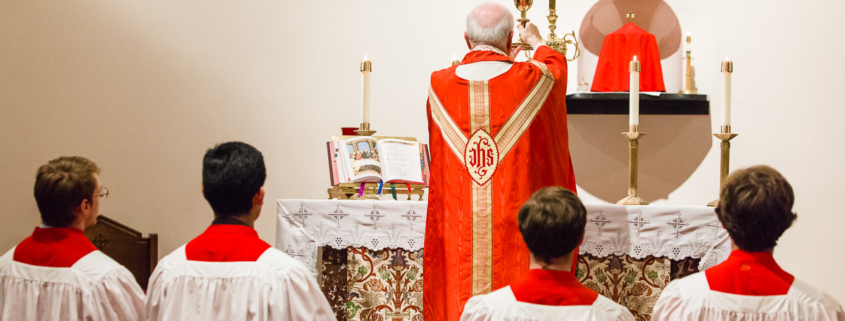
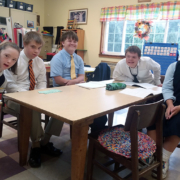

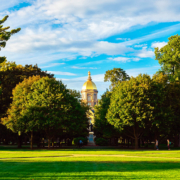 Photo by David Mark via Pixabay CC0
Photo by David Mark via Pixabay CC0